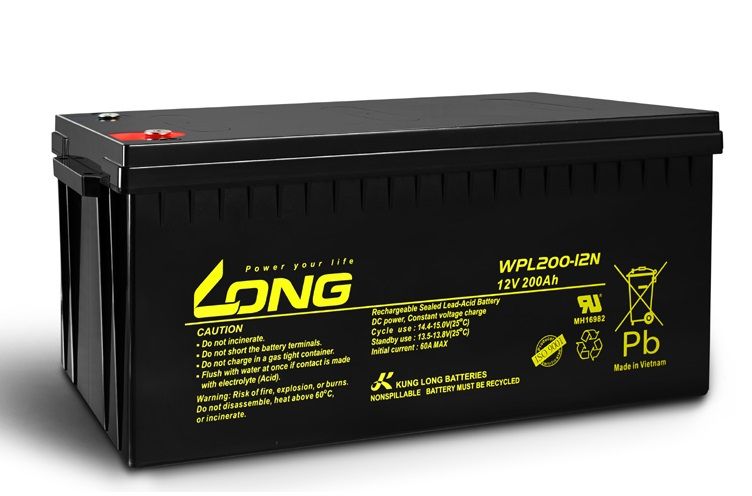wanttaja
En-Route
This is actually about a small truck, but the logic and information probably holds for aircraft.
I have an old small pickup truck that I keep in the hangar for times when I need to carry a sheet of plywood or a dirty or smelly load. It doesn't get used much...maybe 100 miles a year or so, if that. I should just sell it, but there are times that an old, crappy, beat-up pickup is worth it.
As you might expect, sitting so much is hard on the battery. I replaced the battery a couple of years back after finding it had discharged so low it wouldn't crank the engine. Thought I was being smart when I disconnected the battery completely so the truck couldn't stuck it down while it sat.
And, of course, when I went to use it yesterday, it wouldn't crank the engine enough to start it, even after having a battery charger on it for a couple of hours. I think one of the cells reversed; it was measuring about 11.5 volt after charging. I'm guessing it got sulfated, sitting there idle for so long.
So...getting ready to go out and buy a new battery for it. Basic question is: would I be better off with a different battery chemistry? (e.g., should I try to rig up an Odyssey dry cell in it). Is there a type of battery I can just disconnect, then charge it ~8 months later with good result?
If I go lead-acid again, I'm planning on hooking up a battery minder to it, even though the airport frowns on leaving stuff powered-up when no one is there.
Ron Wanttaja
I have an old small pickup truck that I keep in the hangar for times when I need to carry a sheet of plywood or a dirty or smelly load. It doesn't get used much...maybe 100 miles a year or so, if that. I should just sell it, but there are times that an old, crappy, beat-up pickup is worth it.
As you might expect, sitting so much is hard on the battery. I replaced the battery a couple of years back after finding it had discharged so low it wouldn't crank the engine. Thought I was being smart when I disconnected the battery completely so the truck couldn't stuck it down while it sat.
And, of course, when I went to use it yesterday, it wouldn't crank the engine enough to start it, even after having a battery charger on it for a couple of hours. I think one of the cells reversed; it was measuring about 11.5 volt after charging. I'm guessing it got sulfated, sitting there idle for so long.
So...getting ready to go out and buy a new battery for it. Basic question is: would I be better off with a different battery chemistry? (e.g., should I try to rig up an Odyssey dry cell in it). Is there a type of battery I can just disconnect, then charge it ~8 months later with good result?
If I go lead-acid again, I'm planning on hooking up a battery minder to it, even though the airport frowns on leaving stuff powered-up when no one is there.
Ron Wanttaja

